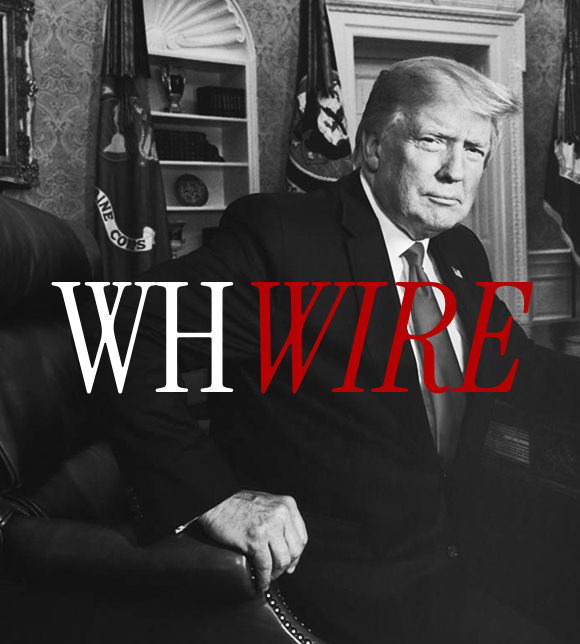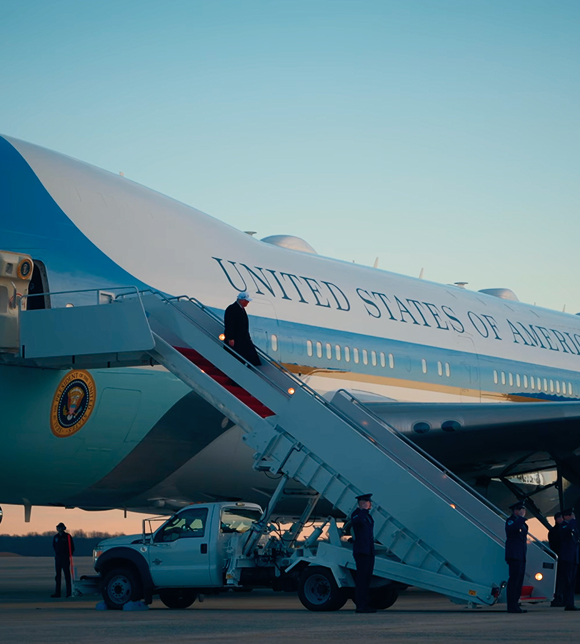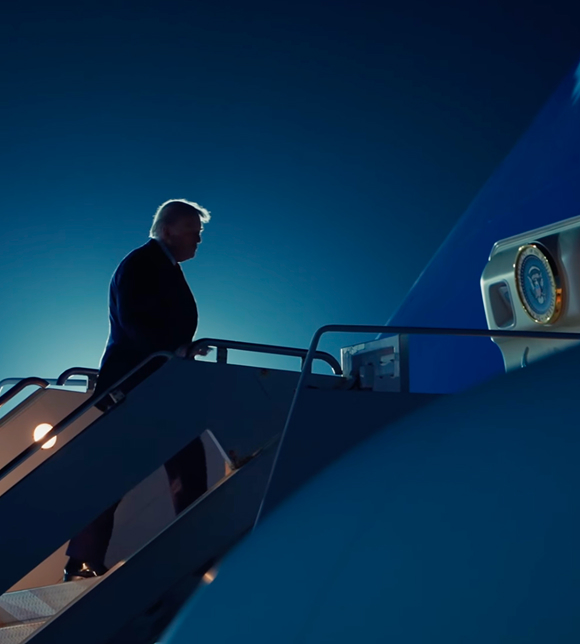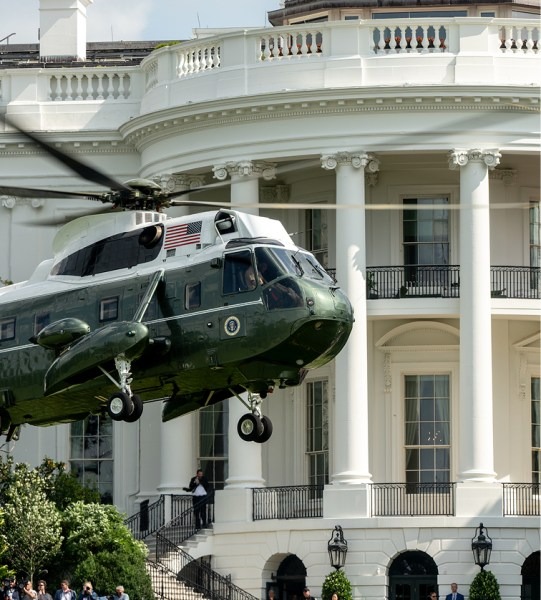JOINT STATEMENT ON A FRAMEWORK FOR A UNITED STATES-THAILAND AGREEMENT ON RECIPROCAL TRADE
The United States of America (“the United States”) and the Kingdom of Thailand (“Thailand”) have agreed to a Framework for an Agreement on Reciprocal Trade to strengthen our bilateral economic relationship, which will provide both countries’ exporters unprecedented access to each other’s markets. The Agreement on Reciprocal Trade will build upon our longstanding economic relationship, including the U.S.-Thailand Treaty of Amity and Economic Relations, signed in 1966, and the U.S.-Thailand Trade and Investment Framework Agreement, signed in 2002.
Key terms of the Agreement on Reciprocal Trade between the United States and Thailand will include:
- Thailand will eliminate tariff barriers on approximately 99 percent of goods, covering a full range of U.S. industrial and food and agricultural products.
- The United States will maintain at 19 percent the reciprocal tariffs, as set forth in Executive Order 14257 of April 2, 2025, as amended, on originating goods of Thailand, and will identify products from the list set out in Annex III to Executive Order 14346 of September 5, 2025, Potential Tariff Adjustments for Aligned Partners, to receive a zero percent reciprocal tariff rate.
- The United States and Thailand will work together to address Thailand’s non-tariff barriers that affect bilateral trade. Thailand commits to address barriers to U.S. exports, including by: accepting U.S. manufactured vehicles manufactured to comply with U.S. federal motor vehicle safety and emissions standards; accepting U.S. Food and Drug Administration (FDA) certificates and prior marketing authorizations for medical devices and pharmaceuticals as sufficient to meet Thailand’s requirements; issuing import permits for U.S. ethanol for fuel; amending its customs laws to remove the customs reward system related to customs breaches and penalties; and adopting and implementing good regulatory practices.
- The United States and Thailand will finalize commitments related to protecting internationally recognized labor rights, including by working to amend its law to ensure that workers’ rights to freedom of association and collective bargaining are fully protected; and strengthen enforcement of its labor laws, including by addressing violations in sectors with a high-risk for forced labor and child labor.
- Thailand commits to adopt and maintain high levels of environmental protection and to effectively enforce its environmental laws, including by: taking measures to combat trade in illegally harvested forest products; encouraging a more resource efficient economy; accepting and fully implementing the World Trade Organization (WTO) Agreement on Fisheries Subsidies; and combating illegal, unreported, and unregulated fishing and illegal wildlife trade.
- The United States and Thailand will finalize commitments on intellectual property, including on geographical indications. Thailand commits to resolve long-standing intellectual property issues, including regarding enforcement against trademark counterfeiting and copyright piracy, rogue collective management organizations, circumvention of technological protection measures, and the patent backlog.
- The United States and Thailand will finalize commitments by Thailand to address barriers impacting digital trade, services, and investment. Thailand commits to refrain from imposing digital services taxes or measures that discriminate against U.S. digital services or digital products; to ensure the free transfer of data across trusted borders for the conduct of business; to support a permanent moratorium on customs duties on electronic transmissions at the WTO; to refrain from imposing screen quotas for film; to ease foreign ownership restrictions for U.S. investment in Thailand’s telecommunications sector; and to remove in-country processing requirements for all domestic retail electronic payment transactions for debit cards issued in Thailand.
- The United States and Thailand will finalize commitments to address distortionary behaviors of state-owned enterprises.
- The United States and Thailand will strengthen economic and national security cooperation to enhance supply chain resilience and innovation through complementary actions to address unfair trade practices of third parties, and cooperate on export controls, investment security, and combatting duty evasion.
- In addition, the United States and Thailand take note of the forthcoming commercial deals between U.S. and Thai companies in the agriculture, energy, and aviation sectors, including:
- Purchases of agriculture products, including feed corn, soybean meal, and dried distiller grains with solubles with an estimated value of $2.6 billion per year;
- Purchases of energy products, including liquefied natural gas, crude oil, and ethane, with an estimated value of $5.4 billion per year; and
- Procurement of 80 U.S. aircraft, totaling $18.8 billion.
In the coming weeks, the United States and Thailand will negotiate and finalize the Agreement on Reciprocal Trade, prepare the Agreement for signature, and undertake domestic formalities in advance of the Agreement entering into force.














